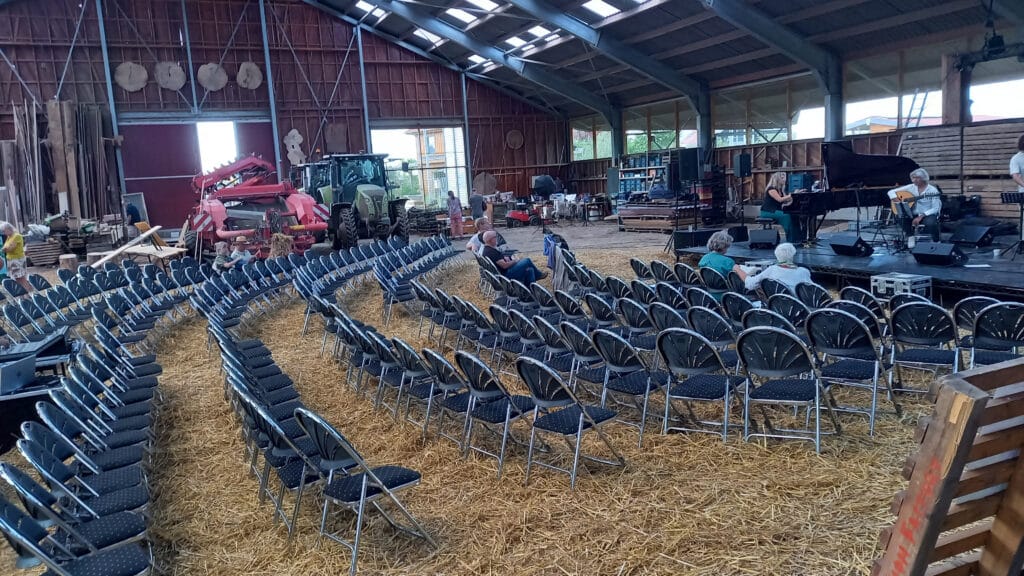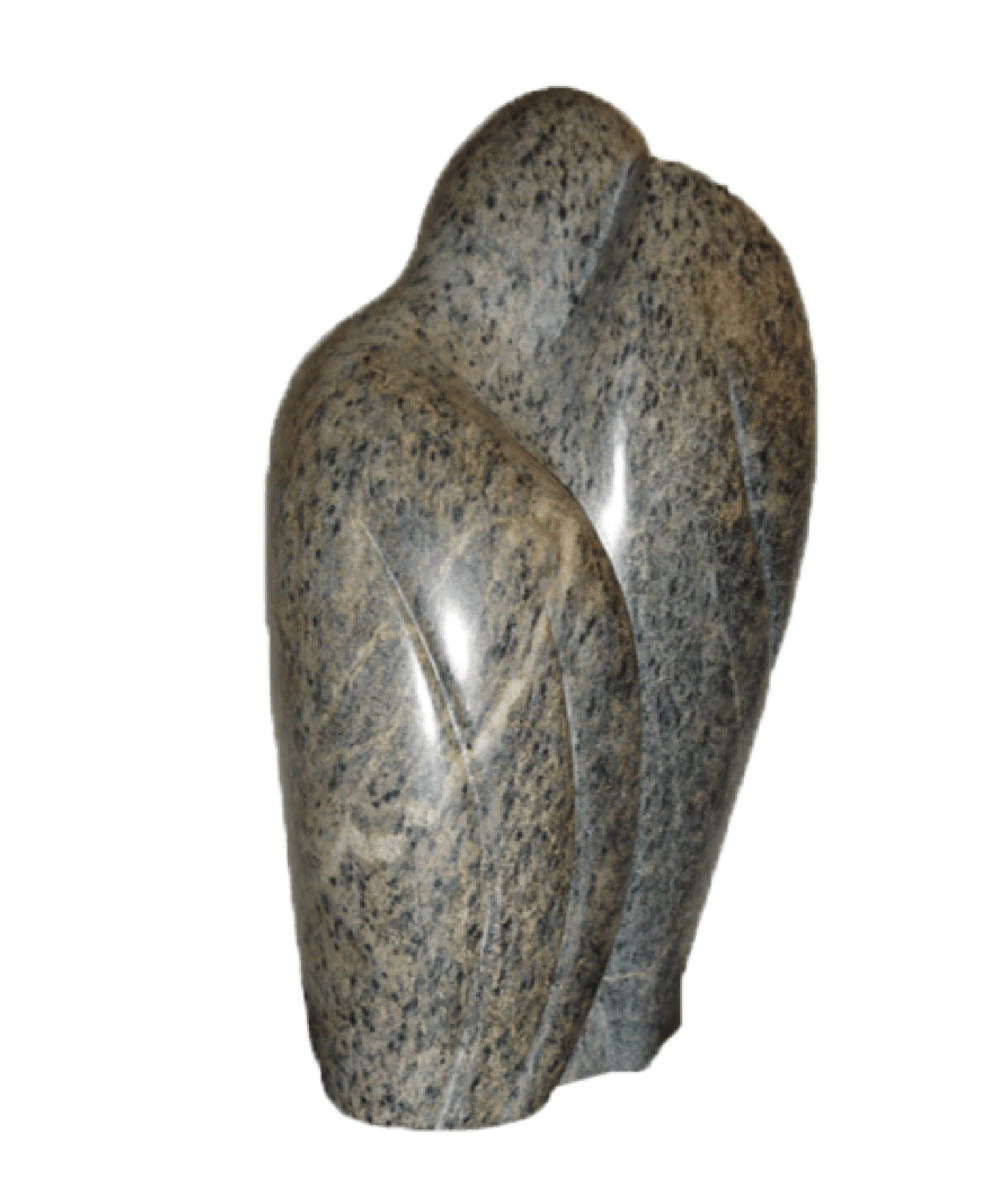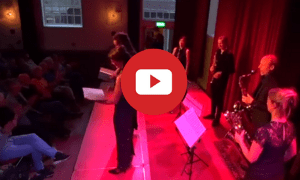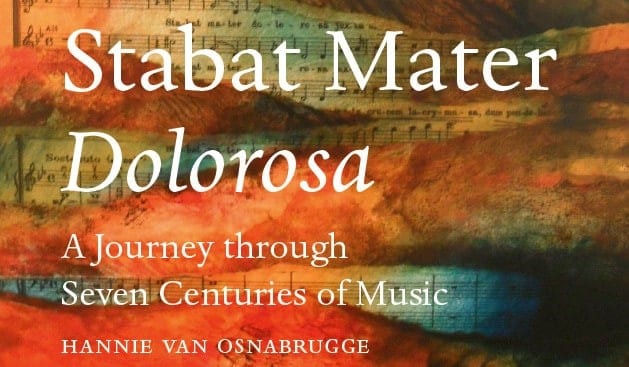Egon Kracht’s Stabat Mater Stabat Pater offers a new approach to the traditional Stabat Mater, expanding its focus to include the father’s grief. This composition (2011) challenges the conventional narrative by acknowledging that the pain of losing a child is shared by both parents, not just the mother. Notably, the performance on September 8, 2024 began with Giovanni Pierluigi Palestrina’s Stabat Mater, providing a classic counterpoint to Kracht’s modern interpretation

The music itself is a rich tapestry of sounds and emotions. Kracht’s composition features a diverse ensemble of instruments and voices, including soprano, alto, and tenor vocals, flugelhorn, organ, violin, cello, and double bass. This varied instrumentation allows for a complex and nuanced expression of sorrow, reflection, and perhaps even hope.
The piece is deeply emotional, aiming to capture the universal nature of suffering. By incorporating both maternal and paternal perspectives, Kracht creates a more inclusive and comprehensive exploration of grief. The traditional Latin text is expanded to include Stabat Pater dolorosus, Iuxta Crucem lacrimosus, giving voice to the father’s anguish. Kracht enriches the composition with additional texts that further emphasize the father’s grief.
His wife, Noortje Braat, contributed poignant lines such as He is weeping, The man with the rough-hewn hands, He is weeping, He is weeping the blood down his cheeks. Moreover, Kracht incorporates excerpts from Dutch literature that delve into a father’s experience of losing a child, adding depth and cultural resonance to the piece.

Perhaps another striking aspect of this performance was its location. Rather than a traditional concert hall, Stabat Mater Stabat Pater was performed in the Vliervelden barn in Almere, Netherlands. This rustic setting, complete with farming machinery, scattered straw, and the scent of hay, created an unexpectedly authentic
and grounded atmosphere.The open barn windows allowed birds to fly in and out, their songs occasionally blending with the music, adding an organic layer to the performance and reminding listeners of the universal nature of life and loss.
This unique combination of innovative composition, powerful emotions, diverse instrumentation, added texts, and an unconventional venue resulted in an unforgettable musical experience that transcends traditional boundaries and connects deeply with universal human emotions.
Read more about Egon Kracht’s Stabat Mater Stabat Pater and listen a part of the composition.
September 8, Almere – Music Festival: Growing Music
Henriëtte Feith, soprano
Marianne Selleger, alto
Mark Omvlee, tenor
Angelo Verploegen, flugelhorn
Jacob Klaasse, organ
Noortje Braat, violin
Diederik van Dijk, cello
Egon Kracht, double bass




